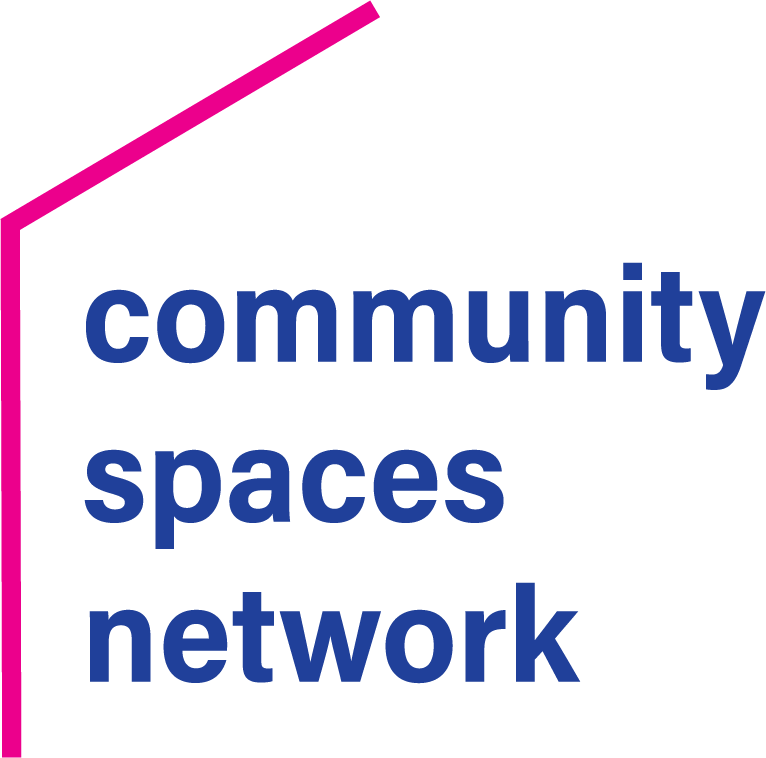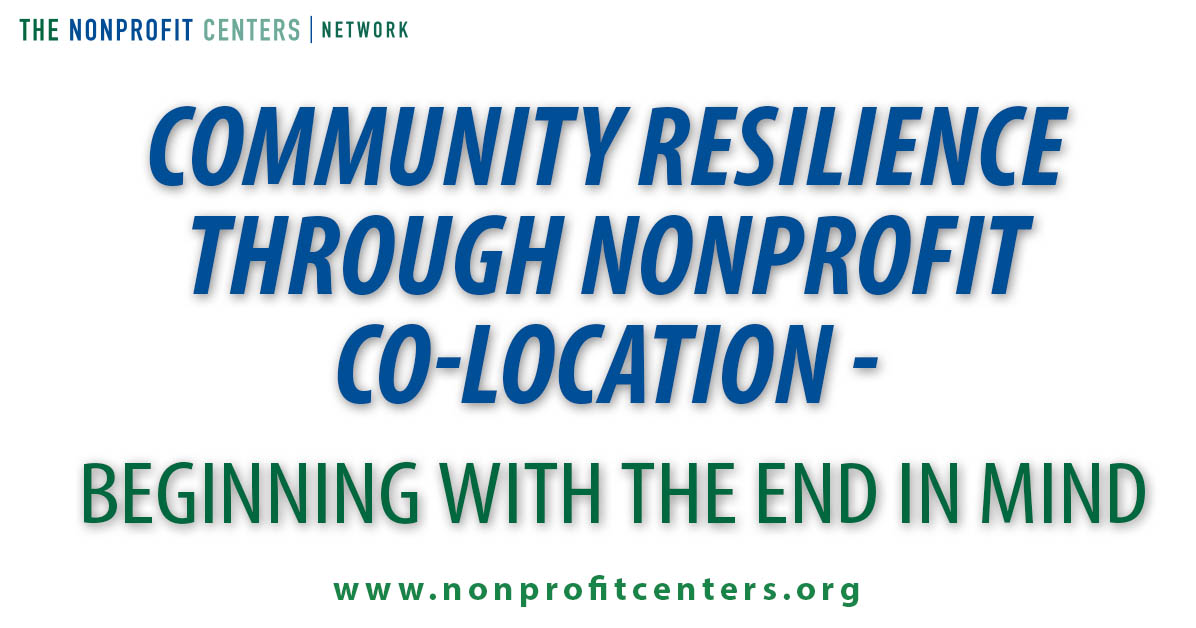When seasons of severe challenges hit your community, where will you turn?
Community resilience is best done at the local level, informed by the direct interactions between citizens, government, nonprofits, education, churches, and businesses. Nonprofit centers such as Serve Denton are evidence of this. It’s a one-stop shop that offers colocation and networking to ensure people who are in need in Denton County can easily find help.
Now more than ever, it’s crucial for communities to initiate a forward-thinking approach to growing resilient communities. Our communities rely on this planning of meeting current and future needs to sustain their resiliency. The adage is true: if you fail to plan, you plan to fail.
Serve Denton acted as a resiliency hub leveraging physical space, food, and financial resources to help residents bounce back from the pandemic.
No one could have predicted that 2020 and 2021 would be filled with massive global challenges, including public health crises, homelessness, food insecurity, and joblessness. Here in the Dallas-Fort Worth metro area, we also contended with a week of winter storms last February that exacerbated an already tenuous situation for our vulnerable community members.
Thankfully, Serve Denton was ready. Because of Denton’s experience in resettling hundreds of Hurricane Katrina victims in 2005, the community learned it needed to be able to grow its capacity to respond to large-scale emergencies. The plan involved doubling or tripling the capacity of existing agencies in terms of physical space and staffing. It also meant anticipating needs like the ability to support drive through operations. Because of the long-term presence of agencies in the community, people knew where to come for help. Serve Denton’s tagline is “Find Help Here.” Serve Denton helped nonprofit agencies grow capacity so that they could handle the 300%-500% growth in needs when the pandemic began.
By aligning with various nonprofit agencies that share the unified mission of helping people, Serve Denton serves as a safe space for organizations to work together on complex problems the community faces. By bringing greater amounts of space that is well-thought out to the table, they accomplish drive-through food distribution, disease testing, vaccinations, and even rent assistance.
Through a collaboration-focused approach, borne from the trust and value created through colocation, they accomplished more than any one agency could on their own, making a more significant community impact. This trust acts as the foundation for partnerships like Grace Like Rain and Giving Hope (organizations that provide homeless assistance) and Denton County Food Center to develop and serve families holistically.
Serve Denton is not just building for tomorrow. They believe in the growing capacity for the long-term to build resiliency within their community. It is because of this that they were able to not only survive but thrive when crisis struck.
What steps are you taking to build your own community’s resilience?

